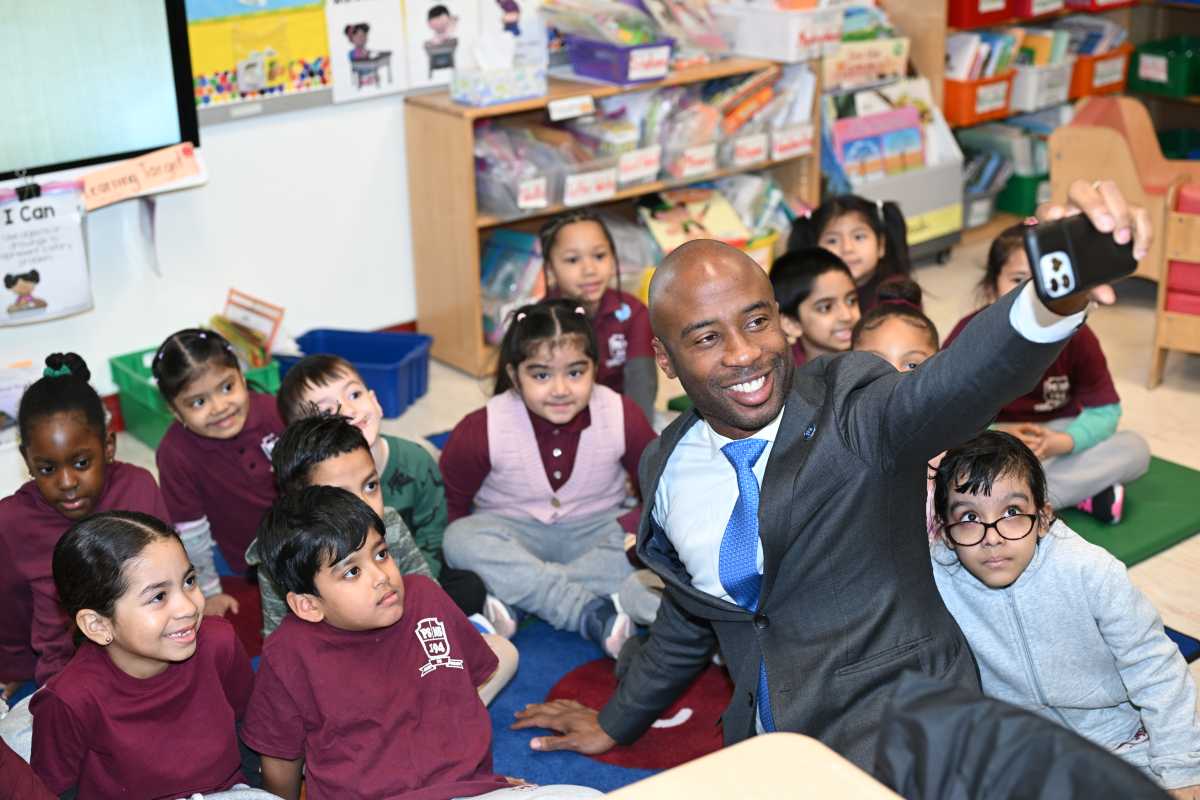Childhood shyness is a common concern among parents, who fear their youngsters may lack self-confidence and lag behind in social development. But with preparation, practice, and patience, most reserved children can learn how to successfully navigate social situations and build meaningful relationships with peers. Here are 10 tips to help:
1. Start small: Expose your child to a variety of non-threatening, positive peer interactions from an early age. When he starts day care or school, begin with a small class or group size until he is ready to transition to a larger one. As group size grows, consider adult-child ratios to encourage positive peer interactions and reduce the chance of negative behaviors such as bullying, exclusion, and name calling.
2. Scope out settings: If possible, take your child to a new academic or extracurricular program before classes begin, so he can meet the teacher and get acquainted with the setting and routine.
3. Rally support: Let the teacher or caretaker know about your child’s shyness, and stay in touch throughout the year to address problems that arise.
4. Home field advantage: Encourage at-home play dates to empower your child to take social risks and open up to his peers. Invite one friend over several times until your child feels comfortable interacting with him. Gradually increase the number to two or three children. Also, encourage your child to go to friends’ houses to play.
5. Set the scene: Prepare your child for social gatherings to alleviate anxiety and fear of the unknown. This is particularly helpful with random events such as birthday parties and family reunions. Talk about what he will see and do, so he’s well informed. Present it in story form: “Tomorrow [child’s name] is going to…” and tell your child the whole story, inserting his name. Then ask, “What other things might he see?” “What else might he do?”
6. Dress rehearse: Role play different scenarios, such as meeting a new peer at school. Switch roles so your child can act out both situations. Or use dolls, action figures, or puppets, if you choose. Talk about how they are feeling. Repetition will build confidence.
7. Reach for resources: Read books to your child about others who overcame shyness and fear. These include, “Shy Charles” by Rosemary Wells, “Let’s Talk About Being Shy” by Marianne Johnston, and “Little Miss Shy” by Roger Hargreaves, to name a few. Talk about the lesson in the story and how it applies to your child.
8. Listen up: Take time to listen to your child and understand his feelings and fears. Don’t assume you know how he feels. He may be upset because the setting is too loud, there are too many people, or it’s too chaotic. You’ll never know unless you listen. Validate his concerns and ask open-ended questions to encourage dialogue.
9. Get professional help: If your child’s behavior persists past six months or increases, talk with your pediatrician to differentiate between temporary shyness and social anxiety disorder, which prevents children from normal social development.
10. Stay positive: When your child does engage in social scenes, offer positive reinforcement. Affirm his character and personality, and avoid chastising, teasing, or embarrassing him about his shy behavior. Remember, he may always be somewhat timid, but with preparation, practice, and loving patience, most children can learn to successfully navigate social situations.
Denise Yearian is the former editor of two parenting magazines and the mother of three children.











